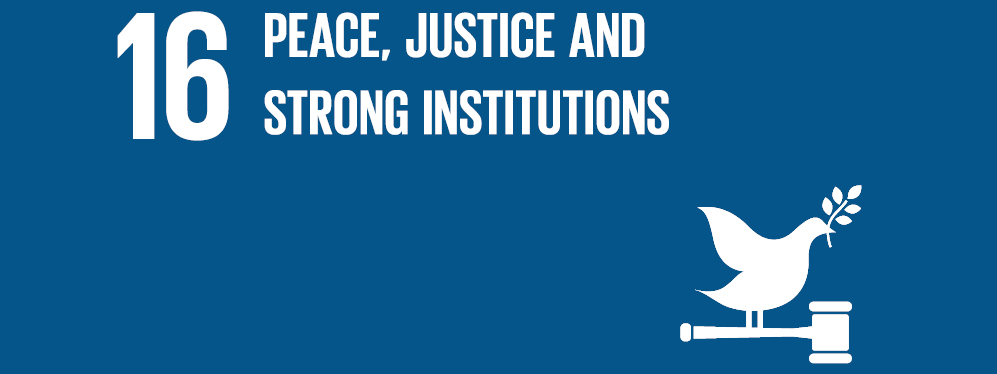From citizen participation to the SDG's, working in process

Carles Agustí
International consultant on governance and SDGs and Country Officer of the IFGICT
Innovation, permanent evolution, concepts linked to any work, and therefore also, and more rightly, to the world of governance and technology. Society evolves, each generation is different from the previous one, in needs, in vision, in demands, and public administrations and companies need to adapt, both by listening to what citizens want and need at any moment, as well as by offering the right solutions.
Thus, with this evolution and permanent innovation, we have gone from citizen participation to the Sustainable Development Goals (SDG), and specifically the Sustainable Development Goal 16, which includes all issues related to public governance, as well as the objectives of peace and justice.
If we go 15 years back, there was only citizen participation alone, not cross-sectional, isolated, as a beautiful tool to make politics that was not too much consideration, a not important area in governments. It was not a tool that was considered to solve all problems, but rather a tool, to solve, if it was considered necessary, some problems, or as an accompaniment, sometimes more adorned than real, of a deep political project.
The crisis of politics arrives, and with it the first evolution or hybridization, citizen participation policies are no longer an isolated issue to become part of the Open Government, a broader concept, now transversal, and now contemplate as a global solution to the problems of politics. Citizen participation, or citizen involvement in political governance, is linked to transparency and open data, three dynamics under the same umbrella, open government, as a driving force for governance and paradigm shift in the relationship between citizens and administrations and administrations and citizens.
Many are the worldwide examples of development, across the planet, of concrete experiences of open government. In this regard, it is worth noting the acknowledgments that, for example, are awarded by ORU Fogar and the UNDP at the regional level, with the recent recognition of the experience of Nariño (Colombia) or the International OIDP awards.
At the same time the door to the private world begins to open. Some of the citizen participation strategies are beginning to make sense in some company policies, so focused on citizens, but also on internal workers, and the world of data begins to open, through open data in the public world, and an incipient big data, on a global and private level, especially if we are talking about regions.
With open government, technology, which had a relatively role in previously isolated world of citizen participation, it began to open this way, especially in big administrations or companies with projects that affects huge populations of millions of citizens.
And this brings us to the next hybridization, only a few years ago, comes the world of Smart cities, which is linked to cities, but which obviously has translation to regions and territories under the Smart Region concept (used for example for provincial government of Barcelona) or Smart Territory.
The concept Smart City or Smart Region appears first not landed and confused, and with time make sense as technology at service of improving people's daily lives, also in governance, in being able to know, participate and say what they thing. From the hybridization of open government policies and Smart Cities or Smart Regions concept, comes Smart Governance or Smart Citizens, technology applied to capture citizen knowledge to take advantage of it for the construction of projects and making decisions process
And finally, very recently, we are on the path to the last hybridization. The United Nations Organization (UN), in its reflections at planetary level, launches what initially seemed something else without too much travel, but that it’s beginning to be considered an indispensable strategy for any public administration of the world, the Sustainable Development Goals (SDG), where goal number 16 includes governance, together with peace and justice, as one of the values and themes to deal with and evolve, so that initial world of citizen participation, later open government, smart governance now, is part of a global strategy for improvement and innovation in the relationship between administration and citizens.
Innovation, evolution, updating are concepts that make sense and speed in the era of technology, an opportunity for the definitive transversality and globality of policies, not only of public governance but also of private management, and for what it’s the real revolution in management at all levels, Big Data.
© All rights reserved ORU. Barcelona 2025








































































